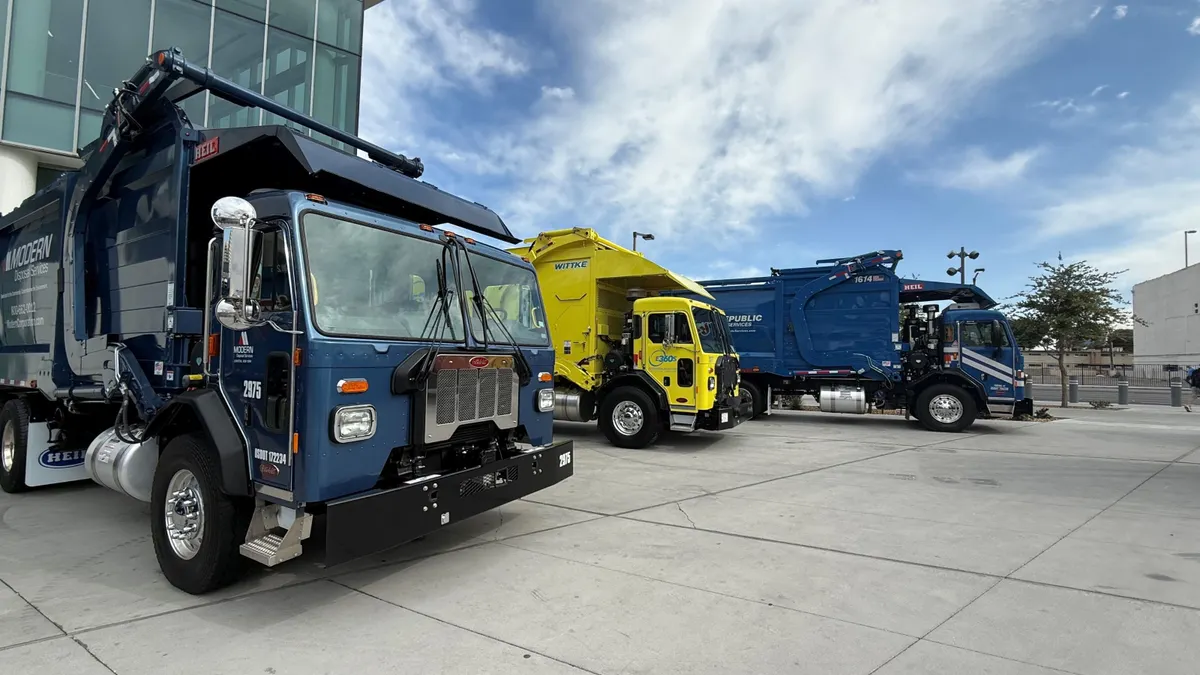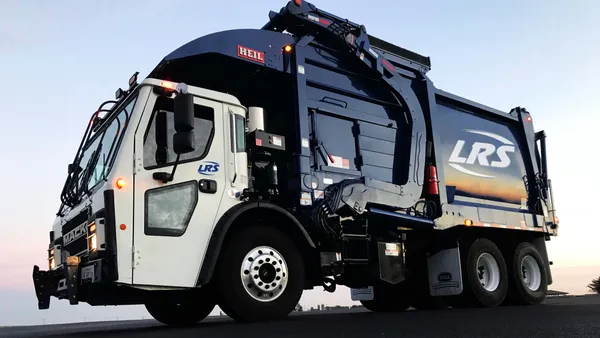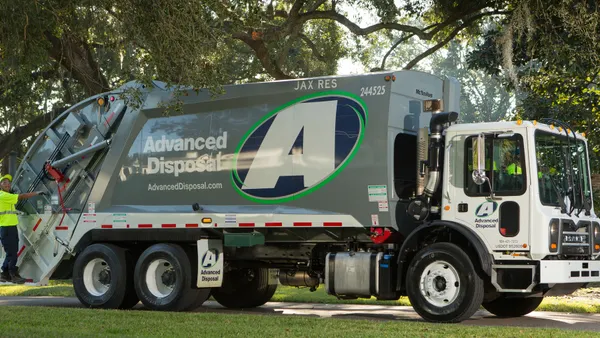Federal legislators approved three Congressional Review Act resolutions last week that roll back California's strict truck emissions policies. The moves tee up the U.S. EPA to nix the Advanced Clean Trucks rule, which would have required 75% of Class 8 trucks sold in the state to be zero-emissions vehicles by 2035.
EPA Administrator Lee Zeldin hailed the actions, noting Congressional Review Act rules mean that California can't seek substantially similar rules again in the future through an EPA waiver.
"We are glad to see that Congress recognized the truth, that EPA’s California waivers are rules that would create a negative impact on all Americans by driving up costs while limiting consumer choice, and acted accordingly," Zeldin said in a statement.
Besides the Advanced Clean Trucks rule, Congress also revoked waivers for California’s Advanced Clean Cars II rule and its Heavy-Duty Engine Omnibus NOx rule.
California Air Resources Board Chair Liane Randolph called Congress's move "unconstitutional, illegal and foolish," in a statement following the vote. She promised more action in the coming days and said the state agency would continue working with truck manufacturers on zero-emissions vehicles.
"California will pursue every available remedy to challenge these actions and defend our right to protect the public from dangerous air pollution. Turning the clock back on both cleaner combustion engine requirements and zero-emission technology is an attack on clean air," Randolph said.
The Advanced Clean Trucks rule had caught on in other states as a more ambitious transition timeline than that set by the federal government. Massachusetts, New Jersey, New York, Oregon and Washington incorporated the requirements in the 2025 model year, according to the RV Industry Association.
Yet each of those states has debated or passed legislation delaying implementation of the ACT rule, as manufacturers have warned they won't meet the necessary production quotas.
The end of ACT comes after California backed off the waiver request process for a similar rule, Advanced Clean Fleets. If implemented, ACF would have set additional strict transition timelines for fleet owners rather than vehicle manufacturers, with dates dependent on fleet type.
Veronica Pardo, executive director of the Resource Recovery Coalition of California, said via email that waste fleet owners will likely feel "some relief knowing they have a little more time to ultimately comply with California’s push to zero emission fleets." But she noted it's still too early to discern direct effects.
Eric Evans, chief product officer at New Way Trucks, said the waiver revocation “doesn’t necessarily shift our focus as a refuse body manufacturer.” New Way previously partnered with Hyzon on hydrogen fuel cell-powered vehicles and is developing other near- or zero-emissions vehicles.
“Federal and state initiatives have helped accelerate innovation to this point, and we intend to carry that momentum forward,” Evans said in an emailed statement.












